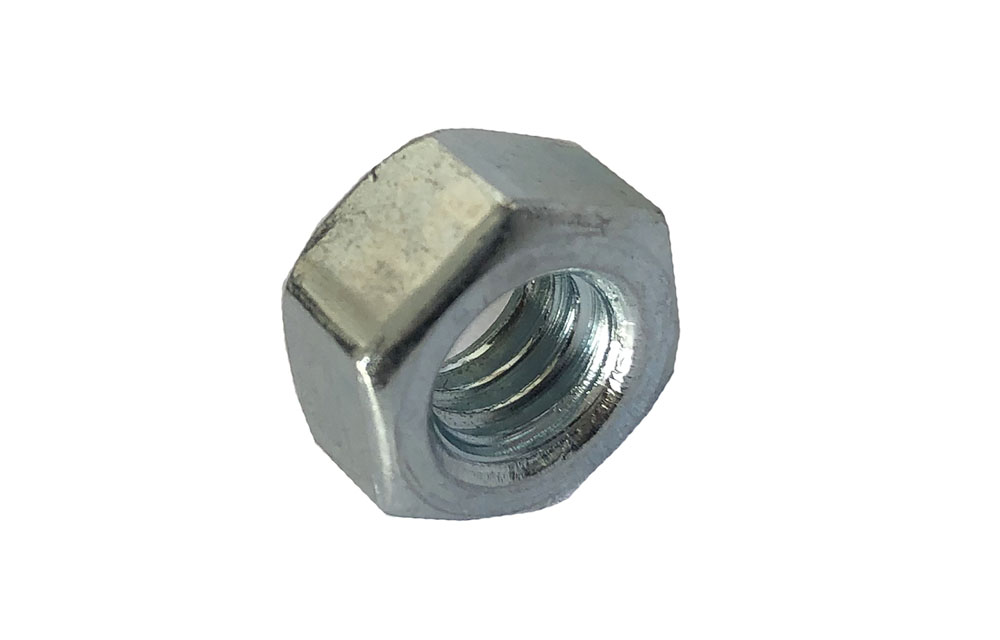
A hexagon nut (also called a hex nut) is a common type of fastener with a hexagonal shape and an internal thread that fits onto bolts or screws. It's one of the most widely used types of nuts in various mechanical and construction applications.
Key Features of Hexagon Nuts
Shape:
Hexagonal (six-sided) shape for easy grip and tightening with a wrench or spanner.
Material:
Typically made of steel, stainless steel, brass, or nylon, depending on the application.
Available in different grades for varying strength levels, such as Grade 8, Grade 10, and A2, A4 for stainless steel.
Threading:
Internal threads are designed to match the external threads of bolts or screws.
Threads are typically metric (ISO) or imperial (UNC/UNF).
Types of Hexagon Nuts:
Standard Hex Nut: The most common type.
Heavy Hex Nut: Thicker and stronger, used for high-stress applications.
Jam Nut: A thinner version used to lock another nut in place.
Nyloc Nut: A hex nut with a nylon insert to prevent loosening.
Applications:
Widely used in construction, automotive, machinery, and DIY projects.
Often used with bolts to secure two or more components together.
Advantages:
Easy to use: Can be tightened or loosened with standard hand tools (wrench, socket).
Cost-effective: Widely available and inexpensive.
Versatile: Suitable for a range of materials and industries.
DIN 934 (Germany),
ISO 4032 (International standard),
ANSI B18.2.2 (USA standard),
BS 1083 (UK standard).
